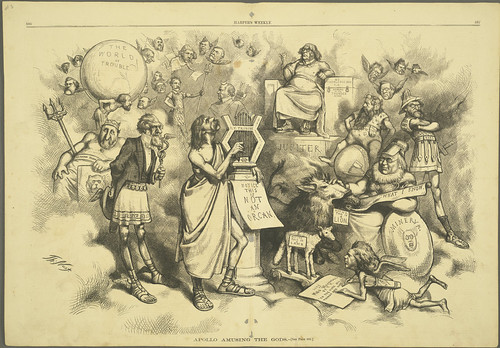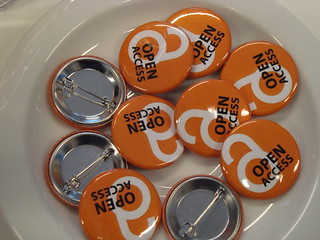Got MOOC? A List of Providers


Coursera, EdX, Udacity are still the big names in providing Massive Open Online Courses (MOOC), but the definitions of "Open" and even "Course" have been changing since I first started listing providers on this blog. Some of the providers in the numbered list below are no longer using content that is open for reuse or sharing. And some courses are not really "courses" in the traditional definition, as they do not have assignments, grades etc. They might be thought of more as Communities or Conversations.
Although a number of these providers offer some non-English courses and almost all have enrollment open to all countries, there are more providers starting outside the United States that focus on other languages, geographical sectors and universities outside the U.S.
Here are a few providers outside the U.S.
- European universities have collaborated to launch a joint MOOC portal OpenupEd.eu with support from the European Commission, the initiative is the most comprehensive offering of European MOOCs
- Open Learn - Open University (UK)
- mooc.fr - dédié à des MOOCs francophones - a site dedicated to Francophone MOOCs
- Coursera
- EdX
- Udacity
- Curricki
- Udemy
- NovoEd first launched at Stanford as VentureLab, now private
- Class Central - aggregates Stanford, Coursera, MIT and Harvard led edX (MITx + Harvardx + BerkeleyX), and Udacity courses
- Blackboard offers its CourseSites platform for free courses and MOOCs
- Canvas Network - free and courses for a fee from Instructure using their Canvas LMS
- Open Learning Global
- P2PU peer to peer university
- SyMynd courses from NYU, University of Washington and McGill University
- Carnegie Mellon University Open Learning Initiative
- Open Yale courses (Yale joined with Coursera in May 2013)
- Stanford's Free Online Courses
- MOOC2Degree works with public universities to offer credit-bearing MOOCs as a free, first step toward earning a degree.
The following four providers offer course materials without facilitators or discussions. A do-it-yourself course, perhaps, or a resource for teachers searching for materials to use in their own courses.
- WikiEducator
- Wikiversity
- Apple's iTunesU does not provide a list of courses but this wiki has a list of affiliate schools & courses.
- MIT Open Courseware
Several other sites are listing MOOC providers, though there is no definitive "one-stop" aggregation site where you can go and easily search a catalog of all the MOOCs currently available. mooc-list.com is one such site, but sites are also appearing that a commercial/advertising intent along with offering a way to search. (An example is Russian website at studymooc.org) The mooc.ca site also offers a list of open online courses of different types.

